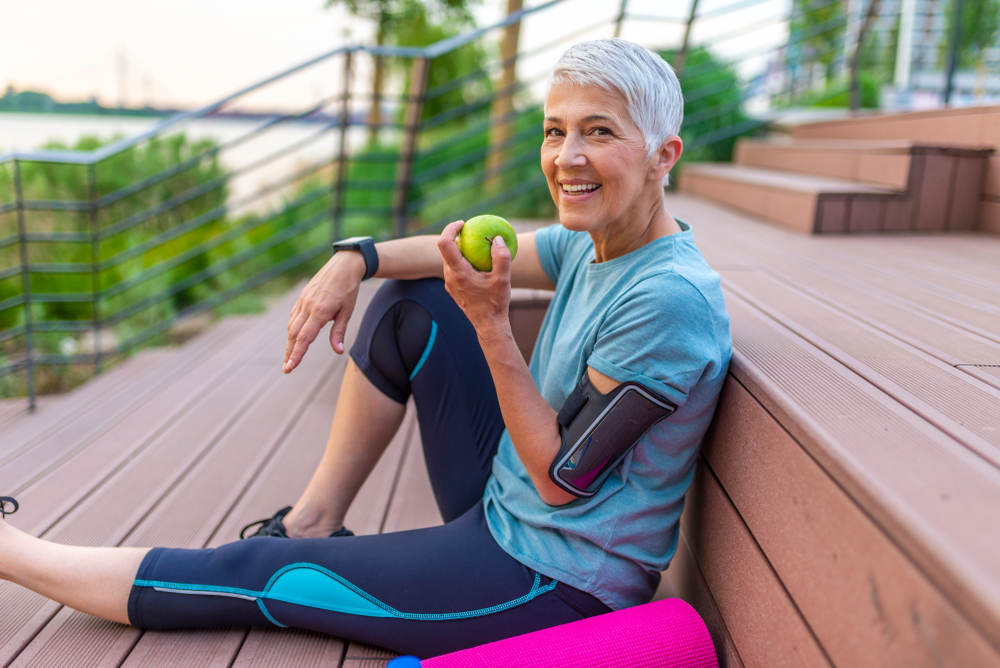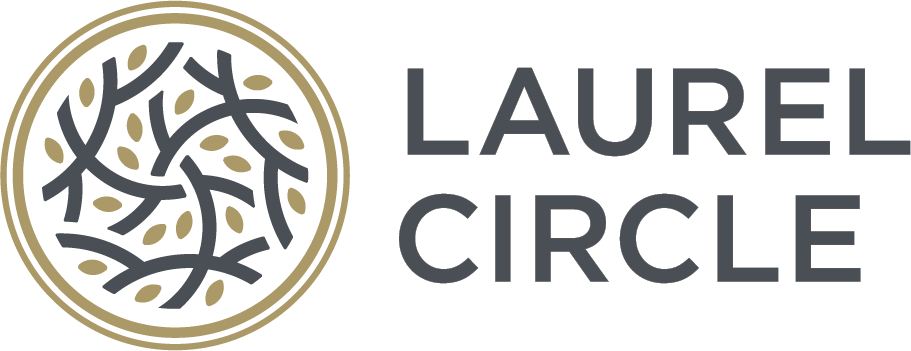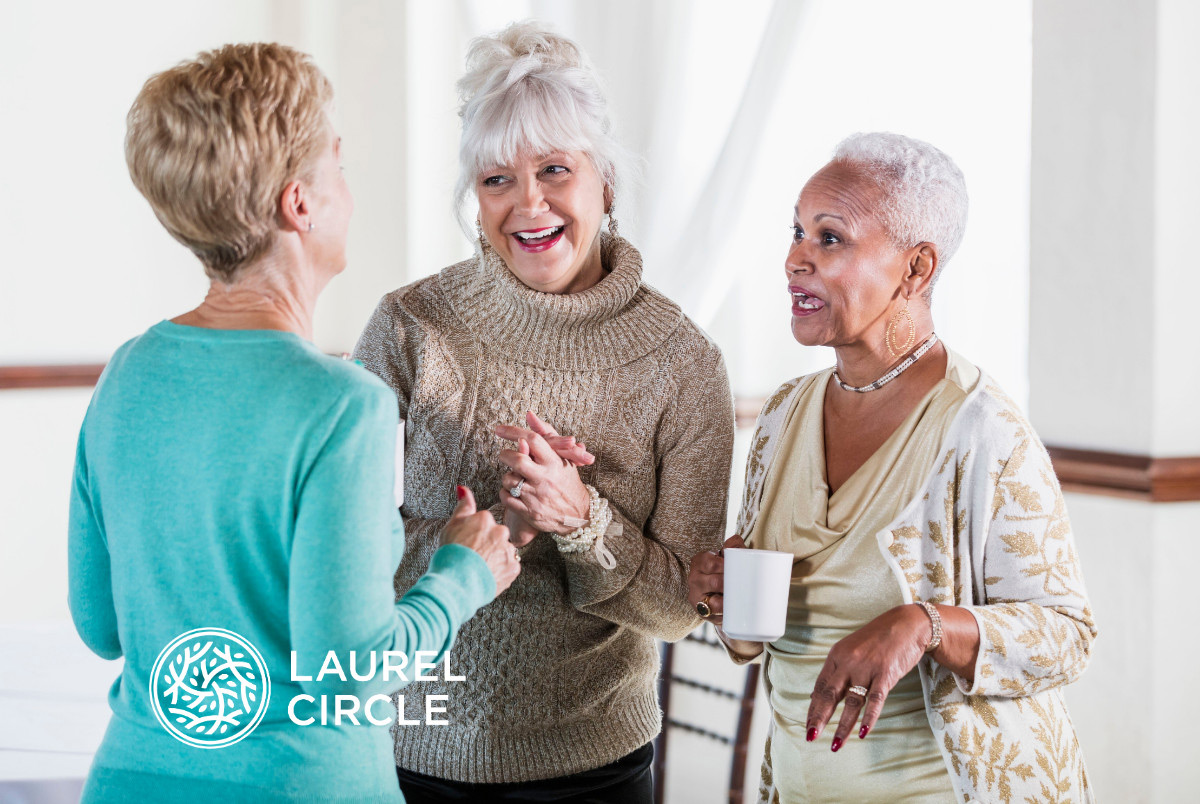Top Ways to Boost Your Immune System as an Older Adult

A healthy immune system is a priority at any age, but for seniors, extra effort is required to keep their immune response strong. That’s because one of the effects of the aging process can be a decrease in immune function after the age of 65. Fortunately, healthy lifestyle choices can make a positive difference in immune health. Here are some tips on how to boost an elderly immune system.
Get Vaccinated
One of the best ways to boost an elderly immune system is to keep up to date with all recommended vaccinations. Vaccines prime your immune system by teaching your body how to fight off specific infections. The National Institutes of Health recommends the following vaccines for older adults:
- COVID-19
- Flu
- Shingles
- Pneumonia
- Tetanus, diphtheria and pertussis (Tdap)
- Travel vaccines
Eat Well
From vitamin A to zinc, nutrients play an important role in keeping your immune system strong. Try eating a wide variety of foods to ensure you’re getting as many vital nutrients as possible. Important nutrients — and their sources —include:
- Vitamin A, found in leafy green vegetables (such as kale and spinach), orange and yellow vegetables (like sweet potatoes and carrots), beef liver, fish oils, eggs, tomatoes, red bell peppers and milk
- B vitamins, in meat, poultry, seafood, eggs, dairy products, legumes, citrus fruits, avocados, and whole grains, such as brown rice, barley and millet
- Vitamin C, from fruits and vegetables, especially citrus fruits, cruciferous vegetables like broccoli and cabbage, strawberries, tomatoes and bell peppers
- Protein, in beans, eggs, poultry, lean meats and seafood
- Selenium, in fortified cereals, meats, fin fish, shellfish, beans and lentils
- Zinc, found in shellfish, lean meats, nuts, seeds, whole grains, beans and peas
Stay Active
Regular exercise offers many health benefits. It supports brain health, strengthens bones and muscles, improves your ability to perform everyday activities, and supports your immune function. The Centers for Disease Control and Prevention recommends that adults engage in 150 minutes of moderate-intensity aerobic activity every week, plus two or more days a week of muscle-strengthening activities. Moderate-intensity exercise includes any activity that gets your heart beating faster. Try a brisk walk, ballroom dancing, gardening, or biking on primarily level ground.
Prioritize Good Sleep
You know how refreshing it can be to awake after a good night’s sleep. It turns out that your immune system benefits from quality sleep, as well. According to research, quality sleep supports immune function, while sleep deprivation is associated with an increased risk of infections and other types of disease. If you find it difficult to get a good night’s rest, try these strategies:
- Develop a regular sleep schedule. Going to bed at the same time every night and waking at the same time in the morning can help regulate your internal clock so you fall asleep more easily.
- Exercise. Yep, being physically active has yet another benefit — it helps you fall asleep faster and enjoy better quality of sleep.
- Avoid habits that disrupt sleep. Alcohol, tobacco, caffeine, and large meals close to bedtime can all make it more difficult to get the rest you need.
- Create a bedtime routine. Relaxing activities at bedtime — such as taking a bath or reading — can signal to your brain that it’s time to transition from day to night, help you let go of the day’s stress and allow you to quiet yourself for sleep.
Stay Connected
Human beings are inherently social creatures, so we suffer when we feel lonely and isolated. Research links social isolation to a variety of health issues, from depression and anxiety to increased risk of heart disease. It can also have a negative impact on the immune system. To prevent social isolation and loneliness, find ways to stay in touch with family and friends and to form new friendships.
If in-person get-togethers are difficult, schedule regular video chats, write letters, or send frequent texts and emails. Consider expanding your social circle by joining a local senior group, starting a neighborhood book club, or volunteering for a meaningful charity.
Get a Healthy Boost at Laurel Circle
Knowing how to boost an elderly immune system is the first step. The next step is incorporating these techniques into your life. At Laurel Circle, engaging in the lifestyle choices that support immune health is easy. Fitness classes and lovely walking paths invite you to stay active. Fresh ingredients and seasonal menus serve up a variety of delicious — and healthy — dining options. Social events, classes and special-interest clubs help you connect with others on campus. Contact us to find out more about independent living at Laurel Circle and our holistic approach to wellness.




